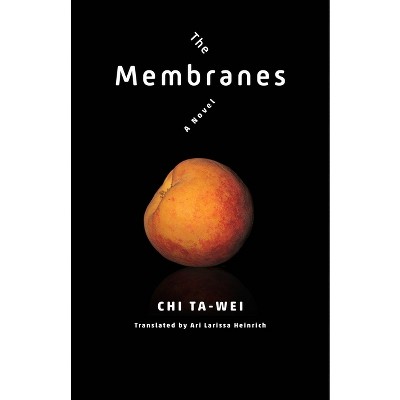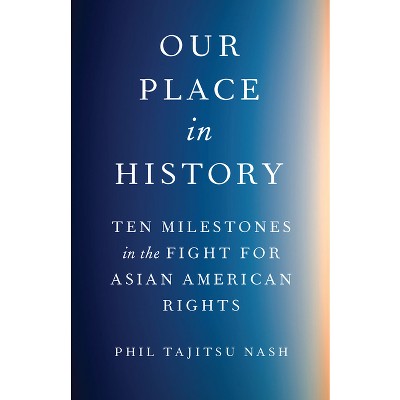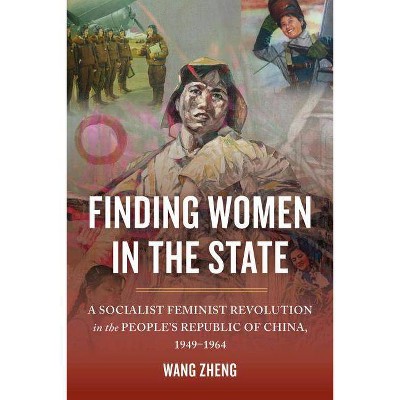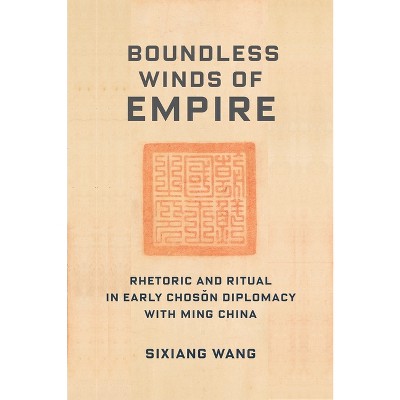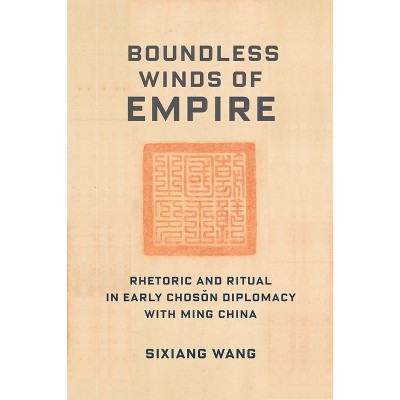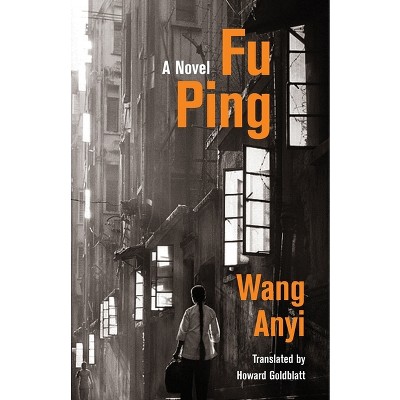Sponsored

Never Forget National Humiliation - (Contemporary Asia in the World) by Zheng Wang (Paperback)
In Stock
Sponsored
About this item
Highlights
- How could the Chinese Communist Party (CCP) not only survive but even thrive, regaining the support of many Chinese citizens after the Tiananmen Square crackdown of 1989?
- About the Author: Zheng Wang is an associate professor in the School of Diplomacy and International Relations at Seton Hall University and a global fellow of the Woodrow Wilson International Center for Scholars.
- 312 Pages
- History, Asia
- Series Name: Contemporary Asia in the World
Description
About the Book
How did the Chinese Communist Party (CCP) regain the support of Chinese citizens after the Tiananmen Square crackdown of 1989? Why has popular sentiment turned toward anti-Western nationalism despite the anti-dictatorship democratic movements of the 1980s? And why has China become more assertive toward the United States and Japan in foreign policy?
Zheng Wang offers an explanation for these trends as he follows and analyzes the CCP's ideological reeducation of the public, which relentlessly portrays China as the victim of "one hundred years of humiliation" and foreign imperialist bullying in the nineteenth and early-twentieth centuries. Wang uses historical memory to decode China's political transition, popular sentiment, and international behavior in the post-Tiananmen and post-Cold War era. He also explores the role that historical memory has played in China's rise, its manipulation by political elites, its resonance in the popular imagination, and its ability to constrain and shape China's foreign relations with major powers.
Book Synopsis
How could the Chinese Communist Party (CCP) not only survive but even thrive, regaining the support of many Chinese citizens after the Tiananmen Square crackdown of 1989? Why has popular sentiment turned toward anti-Western nationalism despite the anti-dictatorship democratic movements of the 1980s? And why has China been more assertive toward the United States and Japan in foreign policy but relatively conciliatory toward smaller countries in conflict?
Offering an explanation for these unexpected trends, Zheng Wang follows the Communist government's ideological reeducation of the public, which relentlessly portrays China as the victim of foreign imperialist bullying during "one hundred years of humiliation." By concentrating on the telling and teaching of history in today's China, Wang illuminates the thinking of the young patriots who will lead this rising power in the twenty-first century. Wang visits China's primary schools and memory sites and reads its history textbooks, arguing that China's rise should not be viewed through a single lens, such as economics or military growth, but from a more comprehensive perspective that takes national identity and domestic discourse into account. Since it is the prime raw material for constructing China's national identity, historical memory is the key to unlocking the inner mystery of the Chinese. From this vantage point, Wang tracks the CCP's use of history education to glorify the party, reestablish its legitimacy, consolidate national identity, and justify one-party rule in the post-Tiananmen and post-Cold War era. The institutionalization of this manipulated historical consciousness now directs political discourse and foreign policy, and Wang demonstrates its important role in China's rise.Review Quotes
a vivid and well-informed study of post-Mao nationalism and Chinese foreign policy...--Edward Friedman "China Quarterly"
A future world where the Chinese are at peace with their own past seems a long way away. But that is the place, as this useful study of such a difficult area, where we need to get to.--Kerry Brown "Asian Review of Books"
A must-read for anyone interested in post-Tiananmen Chinese nationalism.--Robert Weatherley "e-IR"
A timely addition to the fast-expanding literature on Chinese nationalism.--Xiangfeng Yang "Pacific Affairs"
A timely and well-researched book, Never Forget National Humiliation qualifies as a landmark in the study of Chinese nationalism.-- "H-Diplo"
A valuable, and often lively, account of a crucial aspect of modern China.--Gideon Rachman "Financial Times"
This work is highly recommended for general readers as well as Asia scholars. It is a must for any serious library collection on Asia. Essential.-- "Choice"
Wang gives us a critically important book that provides a solid blueprint for understanding contemporary China.--Daniel Metraux "Virginia Review of Asian Studies"
About the Author
Zheng Wang is an associate professor in the School of Diplomacy and International Relations at Seton Hall University and a global fellow of the Woodrow Wilson International Center for Scholars.Shipping details
Return details
Frequently bought together

Trending Non-Fiction






